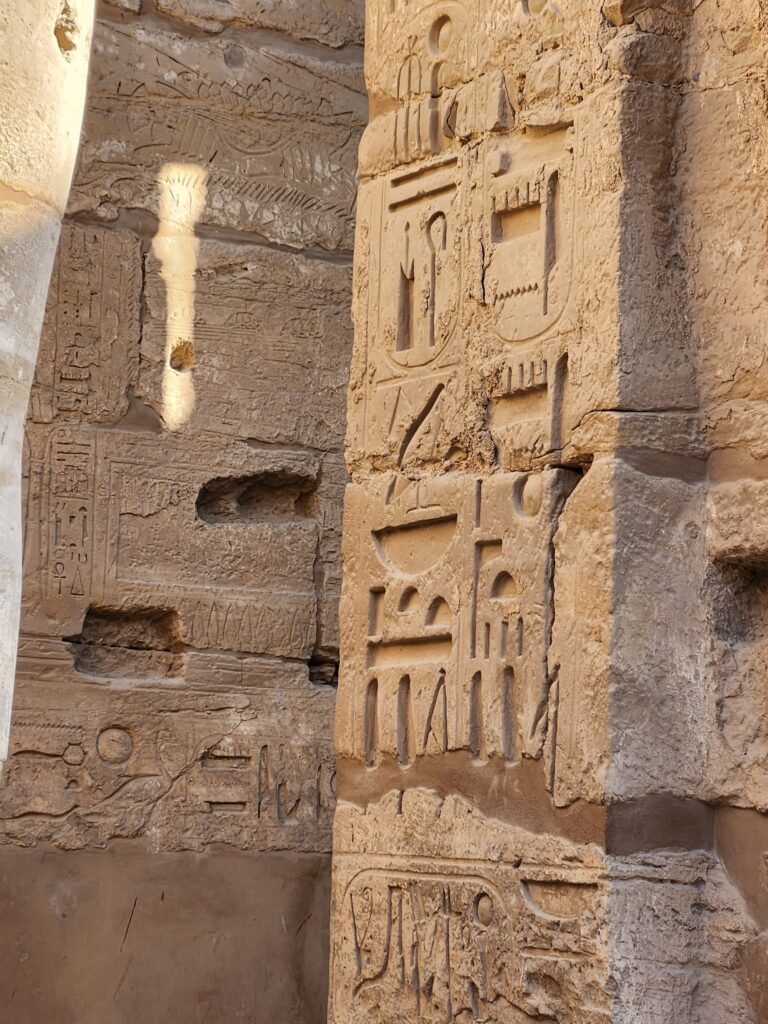(AL ALAMEIN, Egypt) —An ancient Egyptian coffin that dates to around 650 BC was returned to Swansea University’s Egypt Centre in Wales last month after thousands of hours of conservation work at Cardiff University, taking 26 years.
“The coffin had to be painstakingly cleaned, reconstructed and consolidated to prevent it from deteriorating further and we are thrilled to have it back again,” the center’s Curator Ken Griffin said, according to a Swansea announcement about the artifact.
The coffin belonging to a man called Ankhpakhered, according to Griffin’s blog.
“Much of that textile had become detached over time and was just hanging loose. The separate wooden head was detached and there were a couple of large pieces of wood missing, the side of the base had fallen off and it was in a very sorry condition overall. The students have brought it back to a condition where the entire coffin is now stable and can go on display.” said Cardiff’s University Phil Parkes according to a Swansea article about the artifact.
“Now the coffin has been repaired, brightly covered depictions of Egyptian gods and hieroglyphs bearing messages for the afterlife can be clearly seen, allowing Egyptologists to gain a better understanding of its history,” according to the Swansea announcement article.
Ehab El Shayeb Gobreil, a freelance tour guide in Luxor, has not seen the Cardiff coffin but is familiar with others like it. “In these hieroglyphs that were on the coffin, they wrote what family they were in, the name of the husband, dad, mom, and kids so they would know who it is, they need to also know who they are for the afterlife as well.”
“The coffin has an interesting history with multiple occupants. At a unknown date, perhaps the Ptolemaic Period (c.305-30 BC) the coffin was usurped for a man called Djedher, a Stolist at Akhmim, who was the son of Harsiese (also a Stolist at Akhmim) and Ibii,” according to Griffin’s blog.
Unlike other artifacts believed to have been taken from Egypt without proper papers or permission, this coffin will not be returned to Egypt. “It was gifted to us by Aberystwyth University in 1997 but details about its history are sketchy,” the Swansea announcement said quoting Griffin’s blog.
Those who worked on the 26-year restoration, hope the artifact will open a wider door for research and a greater understanding of Egyptian history in places as far-flung as Swansea, U.K.more than 2,600 miles from its home.


